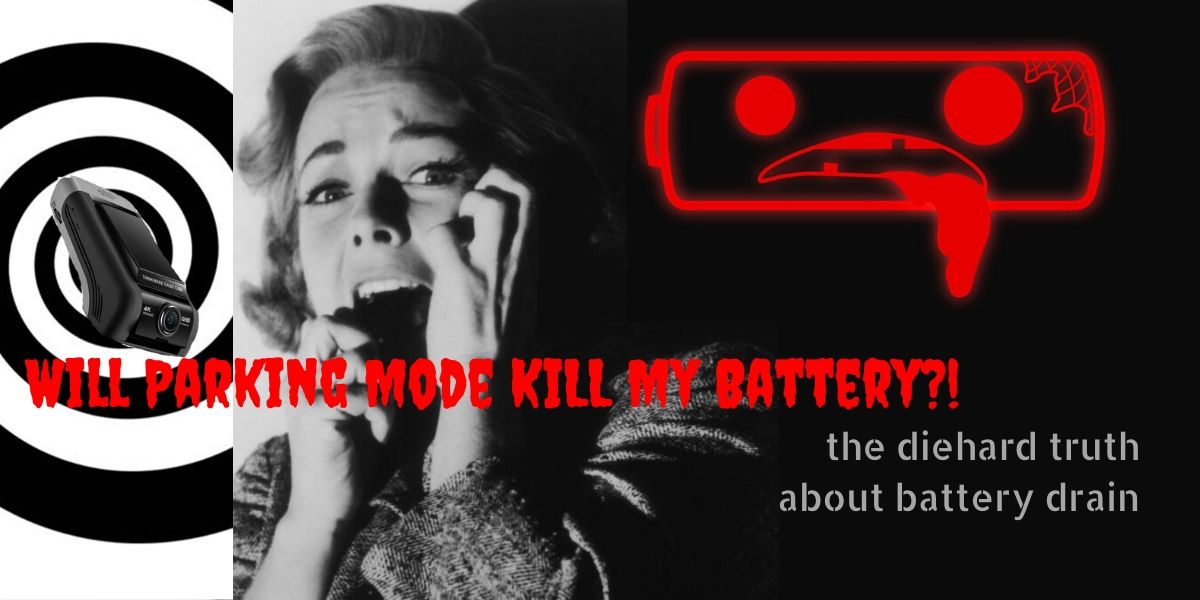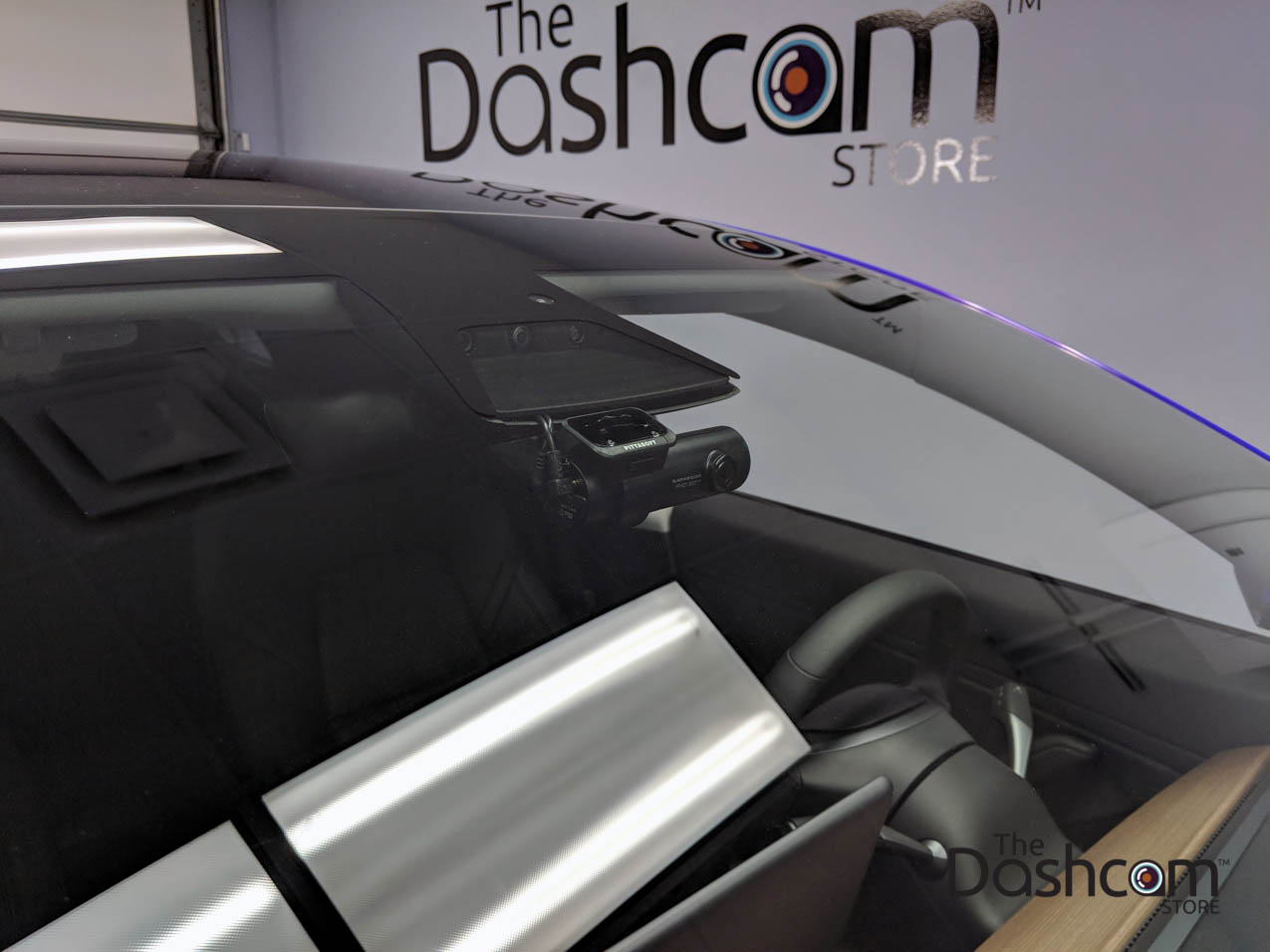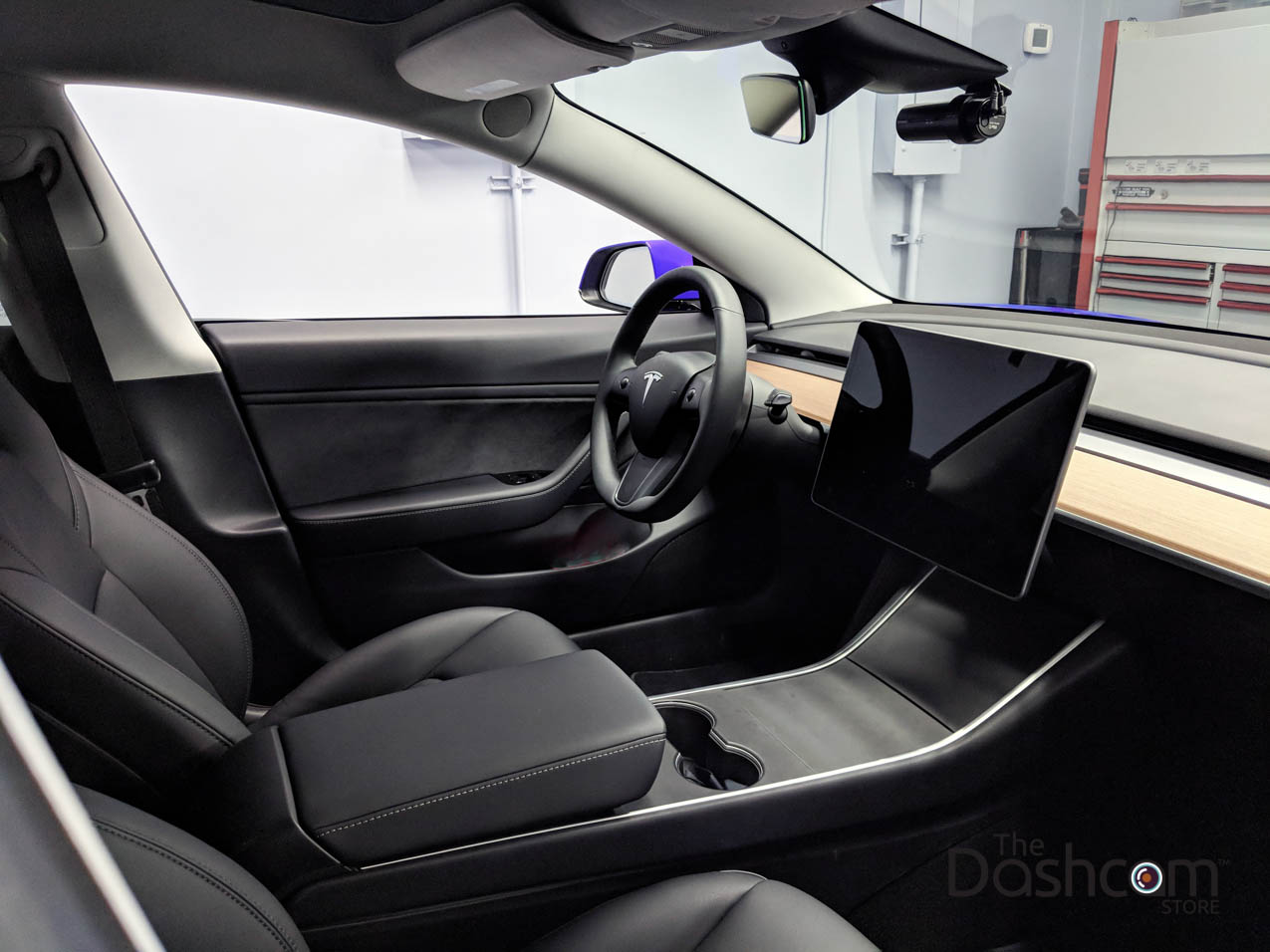Will A Dashcam Kill My Car Battery?
Posted by The Dashcam Store on Mar 06, 2020

Click on any image below to view a larger version.
In today’s constantly mobile and ever-changing technological environment, one of the most important things we as a people concern ourselves with daily is the dreaded DEAD BATTERY. “My phone is dying! I need a power outlet stat!” Our phones, tablets, laptops, fitness trackers and Tamagotchi all need power and they need it NOW!
Of course, your car battery is the critical source of power for starting your engine every day and it's right to be concerned with the health of this important component, especially when you want to use a dashcam to discreetly monitor your vehicle while you're away.
One of the more common questions we receive here at The Dashcam Store is “will a dash cam kill my car’s battery when the car is parked?” Thankfully, the answer is NO. Let’s dive in to why that is and why you shouldn’t worry about battery drain when using your dash cam in parking mode.
The primary reason you shouldn’t be concerned with your battery dying is the plain and simple fact that dash cams in general consume very little power. As a point of comparison, a standard 100-watt light bulb in your house consumes roughly 0.9 amps when turned on.
A typical dash cam, even with a wide range of functions such as dual lens (front + rear) coverage, motion detection, and WiFi connectivity, requires less than half the amount of power (typically around 0.25-0.45 amps) of a standard light bulb in order to operate normally. Add to that the massive size of a car battery (compared to the tiny amount of power needed by a dashcam) and you have plenty of power under the hood! Even a small or mid-size car has a battery rating of about 45 amp hours, meaning it can supply 1 amp of power for 45 hours in a row (theoretically). Larger car and truck batteries may have ratings up to 225 amp hours or more.
Of course, modern vehicles do tend to already have plenty of other electronics and systems in them that consume varying levels of power in the background while the car or truck is parked (alarm systems, keyless entry receivers, automatic software updates, etc), and overall battery performance does decline with the age of the battery (a 3 year old battery won’t be as robust as one that is brand new), so you can’t expect to see “real world” levels of performance that match the theoretical figures exactly. But in general, the principles we’re discussing here hold true.
Another major reason why battery death should not be an issue when using your dashcam in parking mode is thanks to a feature known as “low-voltage cutoff”. Dash cam manufacturers prevent this unwanted dead battery situation by providing battery-discharge prevention accessories such as the Power Magic Pro (for use with BlackVue cameras) or built-in low-voltage cutoff solutions like that of Thinkware dashcams that monitor the car battery’s voltage level and will gracefully shut down the camera if the power drops below an established safety threshold (typically around 12.0 or 12.5v). A healthy car battery should be able to keep a dashcam operating safely in parking mode for at least a day or two, if not more, before reaching the low voltage cutoff level.
We strongly recommend the use of a device like the Power Magic Pro, or taking advantage of built-in low-voltage cutoff settings when using your dashcam in parking mode.
What about EV’s? Some customers have expressed concern over battery drain in their electric vehicle such as Tesla’s, Chevy Bolt, and Nissan Leaf to name a few, or hybrids like the Toyota Prius. The misconception is that because the vehicle is purely electric, it is more susceptible to having a dash cam sucking the life out of it. The truth is the complete opposite - it is much LESS susceptible than regular cars BECAUSE it is electric. EV's have so much MORE battery power available than in a standard vehicle, so having an EV is most definitely a ‘positive’ for parking mode!
Prefer not to use your car battery at all for parking mode? Perhaps you’re still not convinced that you won’t be left stranded, or you have other reasons for not wanting to touch your vehicle’s electrical system. We certainly understand, and thankfully there is an alternative solution for you.
Should you require additional preventative measures to ensure your peace of mind, we offer standalone battery packs such as the BlackVue B-130X, for purchase that do not draw power from your vehicle battery while the car is parked. These battery packs charge up while you’re driving (as the engine’s alternator supplies power to the vehicle) and the dashcam only draws power from the battery pack when the engine is turned off and the vehicle is parked. The only drawbacks to this solution are the additional expense of the battery pack, and the fact that generally these battery packs do not allow the dashcam to operate for as long as they would when connected to the car battery itself (although, expansion battery packs are also available to extend battery-pack-only run time).
In putting this issue to bed, it is important to remember that having a dash cam in your vehicle is an added layer of protection like seat belts, airbags and blind spot indicators. It’s like insurance – you hope you never have to use it, but it’s great to have just in case. Having the camera hardwired into the fuse box and connected to your battery ensures that your unit is ready to be your eyewitness 24/7. Battery drain need not be on your mind when considering a high-quality dash cam from The Dashcam Store.
For more information regarding low-voltage protection and the benefits it provides such as parking mode, motion detection, and more – visit our Power Magic Pro/Parking Mode FAQ, or feel free to browse our full selection of Dashcams with Parking Mode.
The team here at The Dashcam Store is always happy to speak with you online, over the phone, and in-person, please contact us with any additional questions or concerns.
Keep calm, drive safe, and protect yourself and your property with a dash cam today!







